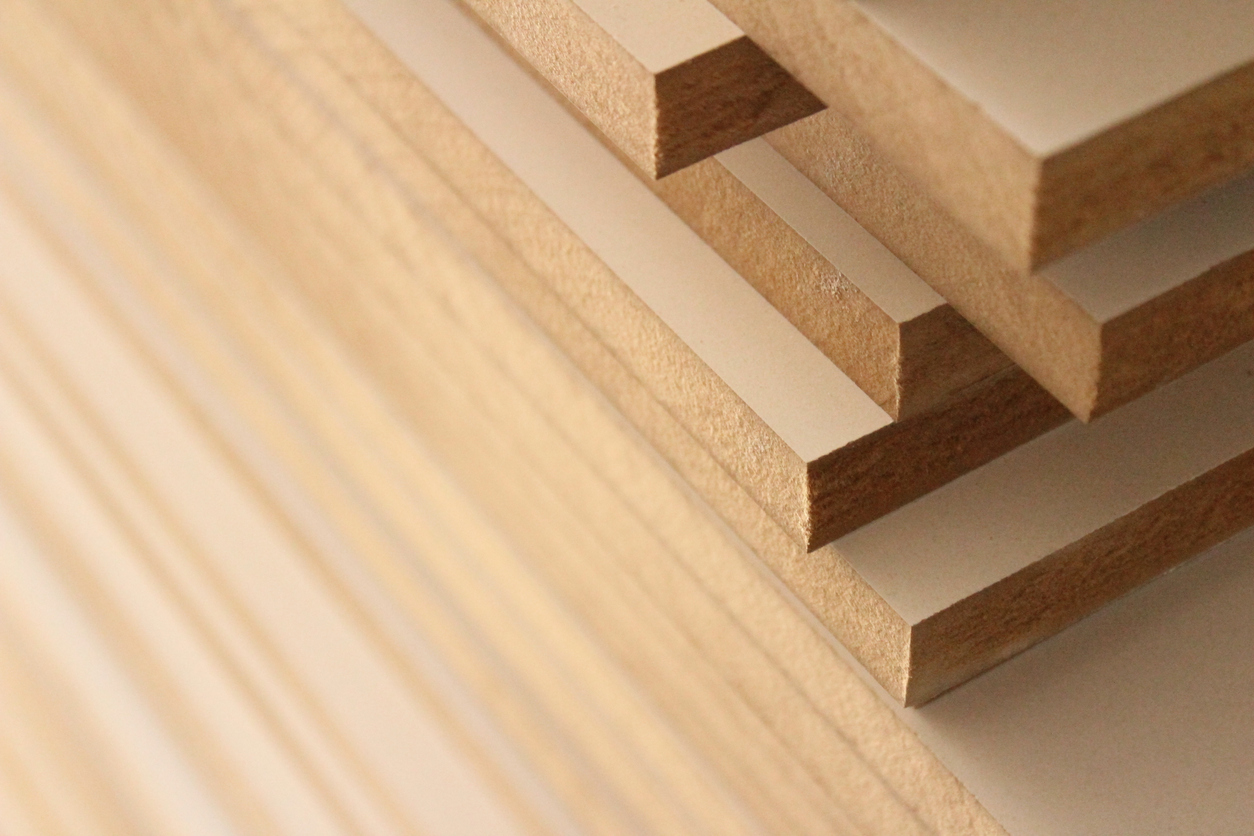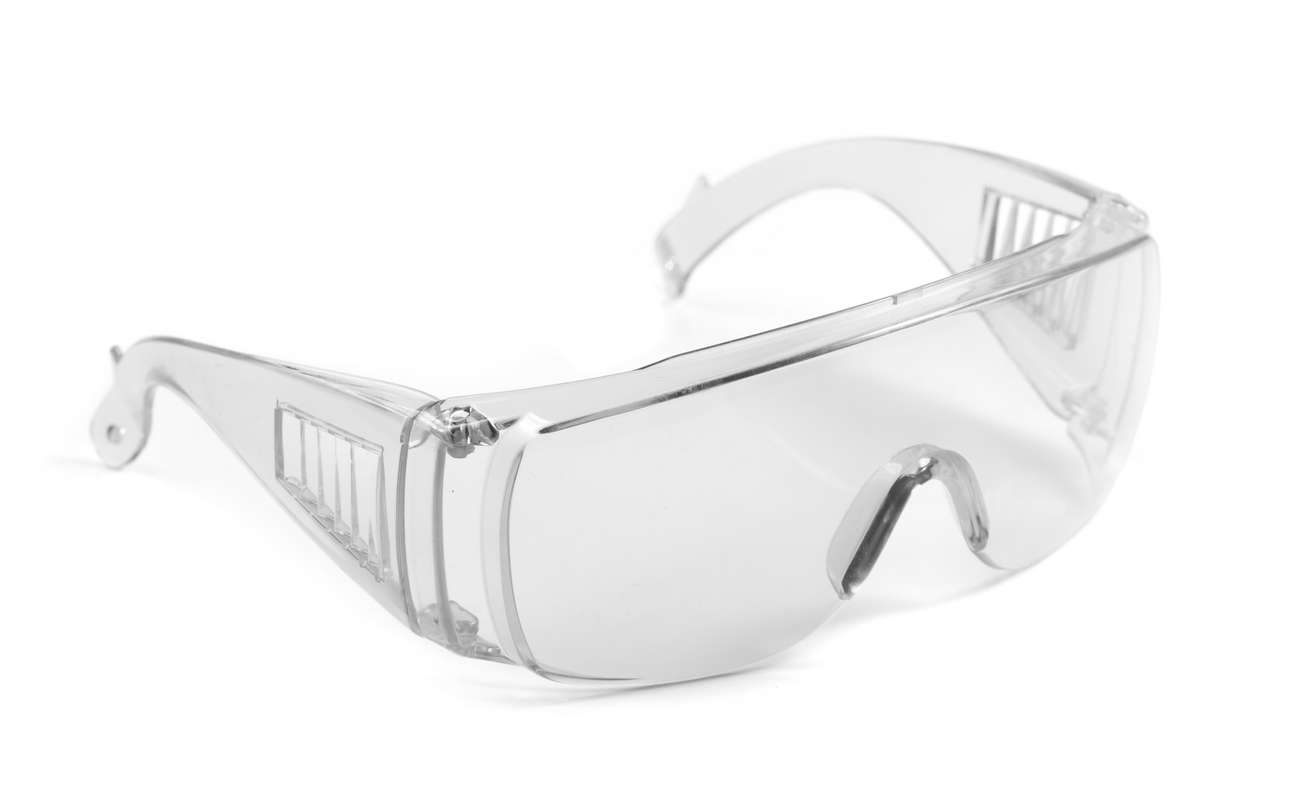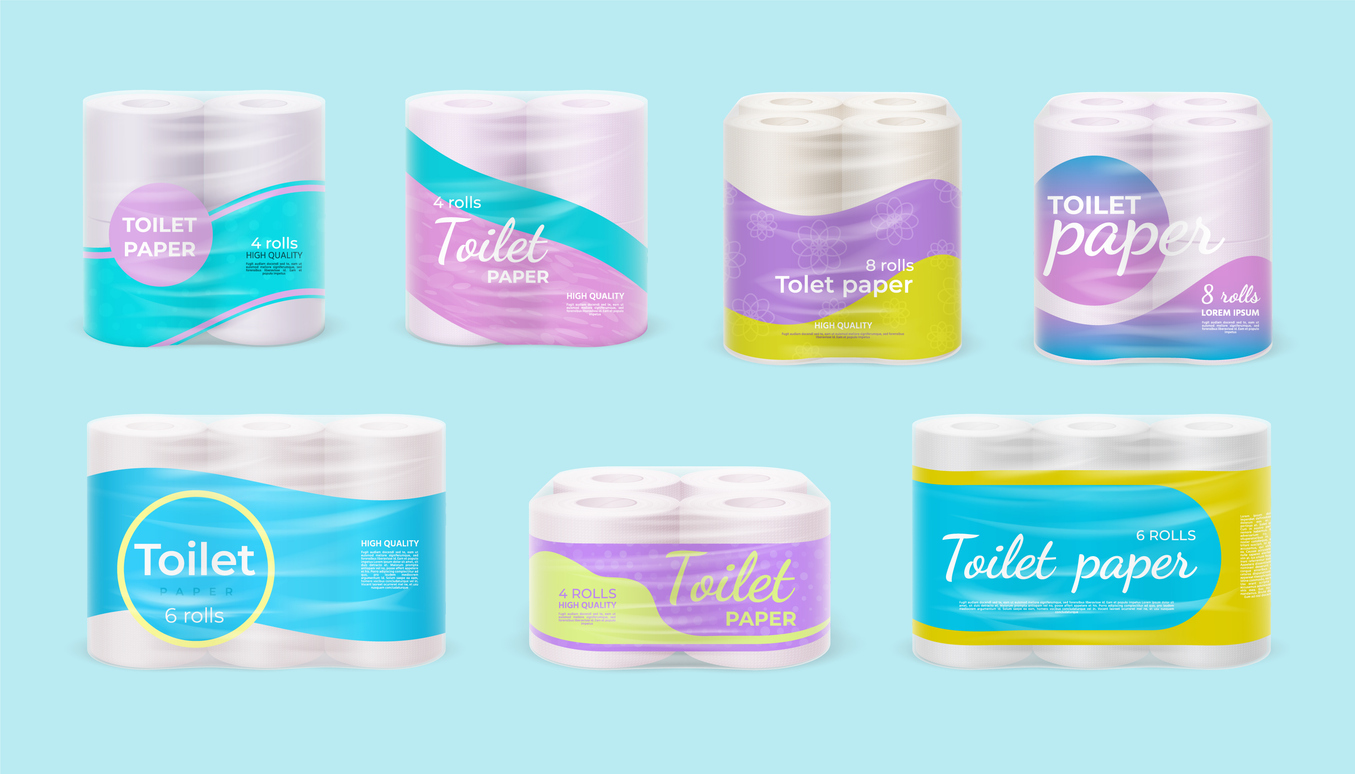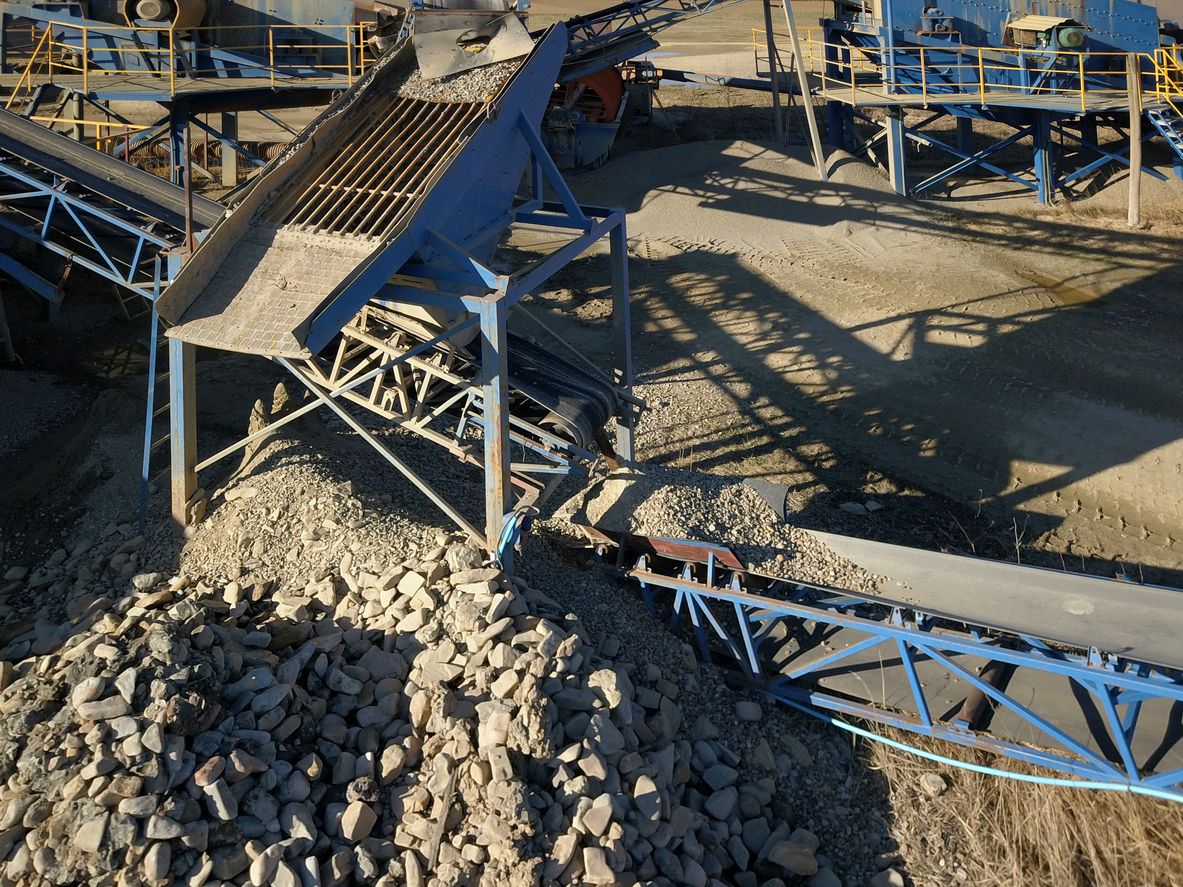Steps To Export Unprocessed Synthetic Staple Fibers From Nigeria
Steps To Export Unprocessed Synthetic Staple Fibers From Nigeria
Nigeria is one of the world’s major producers of natural, unprocessed synthetic staple fibers. The country’s robust fiber industry contributes to the country’s economic growth by producing jobs, raising revenues, reducing imports, and increasing export earnings. To support this industry, the Government of Nigeria has set up a National Fiber Industry Development Board charged with assisting in policy formulation for the development of the fiber industry. This article discusses the steps taken by Nigeria to export unprocessed synthetic staple fibers from Nigeria.
Export of unprocessed synthetic staple fibers
Nigeria is one of the world’s major producers of natural, unprocessed synthetic staple fibers. It produces approximately 400,000 tonnes of unprocessed synthetic staple fibers annually and has a capacity to produce up to 1.4 million tonnes. The country’s robust fiber industry contributes to the country’s economic growth by producing jobs, raising revenues, reducing imports, and increasing export earnings. To support this industry, the Government of Nigeria has set up a National Fiber Industry Development Board charged with assisting in policy formulation for the development of the fiber industry.
According to the Board, a major impediment to the growth of Nigeria’s fiber industry is a lack of a proper infrastructure for the production and export of unprocessed synthetic staple fibers. Due to lack of infrastructure, Nigeria has been unable to establish a large-scale export market for the fiber industry.
In order to establish a large-scale export market for the fiber industry, Nigeria has undertaken several initiatives. The Government of Nigeria has taken steps to develop a world-class fiber processing plant to export raw synthetic fibers from Nigeria to other countries for processing. In 2010, the Nigerian Government partnered with a private company from South Africa to construct a plant worth $100 million.
Additionally, the Nigerian Government established
Nigeria’s fiber industry
Nigeria’s fiber industry has many benefits, including creating jobs, raising revenues, reducing imports, and increasing export earnings.
Nigeria’s fiber industry is centered on its production of natural, unprocessed synthetic staple fibers. The country is one of the world’s largest producers of natural, unprocessed synthetic staple fibers. These fibers contribute to Nigeria’s economic growth by producing jobs, raising revenues, reducing imports, and increasing export earnings. To support this industry, the Nigerian Government has set up the National Fiber Industry Development Board charged with assisting in policy formulation for the development of the fiber industry.
Nigeria built its fiber industry by protecting its domestic market with tariffs and quotas to promote the development of the textile industry. Domestic textile companies were also granted subsidies to enable them to manufacture synthetic fibers for export. This strategy has been successful because Nigeria ranks among the top ten synthetic fiber producers in the world.
This success has been possible because of policies that allow for the import of raw materials and the export of manufactured goods, such as textiles and clothing. The Nigerian government grants subsidies to textile companies that encourage them to export finished products instead of merely exporting raw materials used in production. These policies have helped make Nigeria a leading exporter of unprocess
The National Fiber Industry Development Board
The Nigerian National Fiber Industry Development Board (NFIDB) is a government agency established by the Nigerian federal government to promote and coordinate strategic and sustainable development of the country’s fiber industry.
The NFIDB is charged with:
• Formulating policies for the development of the fiber industry
• Identifying and eliminating trade barriers to the fiber industry
• Promoting innovation in the fiber industry
• Facilitating access to finance for fiber enterprises
• Developing human capacity for the fiber industry
• Coordinating with other agencies of Government on matters of national interest related to the fiber industry
• Monitoring and evaluating progress towards achieving national objectives for the fiber industry.
Steps to export unprocessed synthetic staple fibers
The first step is to locate the nearest processing plant. The plant processes the fibers by washing, drying, blending, and spinning them into cotton-like yarns. The yarn is then graded to ensure quality.
The second step is to find a buyer. The buyer purchases the yarn for use in fabrics, carpets, and other textile products. The buyer pays for the yarn in Nigerian naira or another currency.
The third step is to transport the yarn to the buyer.
The final step is to collect payment for the yarn. Payment can be in cash, check, or bank transfer.
Conclusion
Nigeria is one of the world’s major producers of natural, unprocessed synthetic staple fibers. The country’s robust fiber industry contributes to the country’s economic growth by producing jobs, raising revenues, reducing imports, and increasing export earnings. To support this industry, the Government of Nigeria has set up a National Fiber Industry Development Board charged with assisting in policy formulation for the development of the fiber industry. This article discusses the steps taken by Nigeria to export unprocessed synthetic staple fibers from Nigeria.
Nigeria is one of the world’s major producers of natural, unprocessed synthetic staple fibers. The country’s robust fiber industry contributes to the country’s economic growth by producing jobs, raising revenues, reducing imports, and increasing export earnings. To support this industry, the Government of Nigeria has set up a National Fiber Industry Development Board charged with assisting in policy formulation for the development of the fiber industry. This article discusses the steps taken by Nigeria to export unprocessed synthetic staple fibers from Nigeria.







LEAVE A COMMENT
You must be logged in to post a comment.